Why Japan is a Must-Visit for Travelers with Special Needs 🌏✨
From Food Allergies to Mobility & Health Concerns—Here's How Japan Welcomes You🇯🇵
Japan is known for its stunning landscapes, rich culture, and cutting-edge technology—but did you know it's also one of the most accessible and health-conscious travel destinations? While there are some places that may still present challenges for those with disabilities or health concerns, Japan has made significant strides in offering a well-structured and inclusive travel experience. Whether you have food allergies, mobility challenges, sensory sensitivities, or other health concerns, there’s a lot you can do to explore and enjoy this beautiful country.
If you or someone you know faces these challenges, this guide will help you explore Japan with confidence. Feel free to share it with anyone who might find it useful!
🍣 Travelers with Food Allergies or Special Diet
Japan is highly accommodating to travelers with dietary restrictions. Many restaurants provide allergen-friendly menus, and convenience stores label common allergens for easy identification. Sushi (without soy sauce), rice dishes, and grilled fish are naturally allergy-friendly options. Japan’s tourism agencies is also trying hard to provide guides for vegetarian, vegan, and halal diets.
✅ Where to Visit: Tokyo, Kyoto, and Osaka have numerous allergy-friendly restaurants, including those with English-speaking staff. Taito, Tokyo, even has a dedicated halal, vegan, and vegetarian restaurant map!
⚠️ Challenges: Small, traditional eateries may struggle to accommodate dietary requests. Language barriers can make it hard to confirm ingredients, so carrying an allergy translation card is highly recommended.
💡 Pro Tip: Use apps like "HappyCow" for vegan/vegetarian spots and check chain restaurants' websites for allergen charts before dining.
♿ Travelers with Limited Mobility (Wheelchair Users, Elderly, or Those with Joint Issues)
Japan's public transport system is incredibly accessible, with elevators, ramps, and designated seating at most train stations. Over 96% of Tokyo train stations have elevators or stairlifts. Bullet trains (Shinkansen) offer wheelchair-friendly seating and assistance. Many hotels also offer barrier-free rooms, and major attractions provide wheelchair rentals or step-free pathways.
✅ Best Accessible Attractions:
Tokyo Skytree – Fully wheelchair-accessible with ramps and elevators 🏙️
Meiji Shrine – Paved pathways make it easy to explore ⛩️
Senso-Ji Temple – Features an elevator for wheelchair users 🙏
Kinkaku-ji (Golden Pavilion) – Wheelchair-friendly routes around the scenic temple 🌿
Hiroshima Peace Memorial Park – Wide paths and ramps for easy navigation 🕊️
Okinawa Churaumi Aquarium – Fully accessible, perfect for ocean lovers 🐠
⚠️ Challenges: Some historic temples and shrines have stairs and may not be fully wheelchair-friendly. Crowded areas like Shibuya and Akihabara can be difficult to navigate.
💡 Pro Tip: Use Navitime or Ekispert apps to check which train stations have elevators before traveling. Station staff can assist with ramps if needed
🩺 Travelers Concerned About Their Lifestyle & Well-Being
If you’ve been wondering about your overall health—whether it’s diet, lack of exercise, stress, or other lifestyle factors—Japan offers a great opportunity to check in on your well-being through Ningen Dock (人間ドック), a world-class health screening program.
✅ Why Ningen Dock is Beneficial:
Provides a detailed analysis of your health, including cholesterol levels, BMI, vitamin deficiencies, bone density, and metabolic health 📊.
Detects potential lifestyle-related diseases early, helping you take action before they become serious 🚑.
Many facilities offer personalized health advice based on your test results, including diet, exercise, and stress management tips 🥗🏋️.
Japan is known for its cutting-edge medical facilities and exceptional hospitality, ensuring a smooth, comfortable experience even for first-time visitors 🏥✨.
Don’t forget to watch Paolo fromTOKYO's YouTube video to see what NingenDock is like.
⚠️ Challenges: Registering for Ningen Dock can be difficult due to language barriers and complex paperwork.
💡 Pro Tip: Ningen Dock Navigator helps foreign travelers book and navigate Ningen Dock appointments with full language support. If you're looking to take control of your health while exploring Japan, feel free to reach out! 😊
🎧 Travelers with Sensory Sensitivities or Autism
Japan’s structured and quiet public spaces make it ideal for travelers who prefer low-stimulation environments. Many attractions, such as gardens, temples, and onsen (hot springs), provide calm and peaceful experiences.
✅ Why Japan is Great for Sensory-Sensitive Travelers:
Public transportation is generally quiet (talking on the phone is discouraged 📵).
Many restaurants have private dining booths, reducing noise levels 🍽️.
Temples, shrines, and traditional gardens offer serene escapes from the city's hustle 🏯🌸.
⚠️ Challenges: Rush hours (7:30-9:30 AM, 5:00-7:00 PM) in Tokyo can be overwhelming. Some districts, like Akihabara, have bright flashing lights and loud sounds.
💡 Pro Tip: Visit attractions early in the morning or late at night when they are quieter. Many temples and gardens have designated "quiet zones" for relaxation.
😷 Travelers with Respiratory Conditions (Asthma, COPD, etc.)
Japan has relatively clean air compared to other major travel destinations. Smoking restrictions have become stricter, with designated smoking areas and smoke-free restaurants becoming the norm.
📊 Air Quality Data: According to the IQAir 2023 Global Air Quality Report, Japan ranks among the top countries for clean air, with PM2.5 levels averaging 9.8 µg/m³, much lower than global averages.
✅ Best Regions for Fresh Air:
Hokkaido – Japan’s least polluted region, with fresh mountain air and forests 🌲.
Okinawa – Surrounded by the sea, with the cleanest air in Japan 🌊.
Kyoto & Nara – Traditional areas with fewer cars and more green spaces 🍃.
⚠️ Challenges: Spring (March-April) brings high pollen levels, which may trigger allergies. Some restaurants still allow indoor smoking. The quality of air in Tokyo is not as good as in Hokkaido or Okinawa.
💡 Pro Tip: If you have pollen allergies, wear a high-quality mask (commonly used in Japan) and before traveling, don’t forget to check the internet whether it’s the right timing for you to visit japan, or not.
🔗 Helpful Resources for Travelers with Special Needs
Japan National Tourism Organization (JNTO) – Information on accessible travel and facilities.
Accessible Japan – Tools and guides for travelers with disabilities.
🌟 Ready to Explore Japan? Let’s Make Your Trip Amazing!
Japan’s dedication to inclusivity ensures that all travelers, regardless of their needs, can enjoy its beauty, culture, and hospitality. With proper planning and helpful resources, your trip can be both comfortable and unforgettable!
If you’d like to hear more about specific conditions or need personalized travel advice, feel free to leave a comment or message me directly! I love my home country and would be thrilled to help make your Japan trip smooth and enjoyable. 💖
📩 Don't forget to subscribe for more travel tips and insights on exploring Japan! ✈️





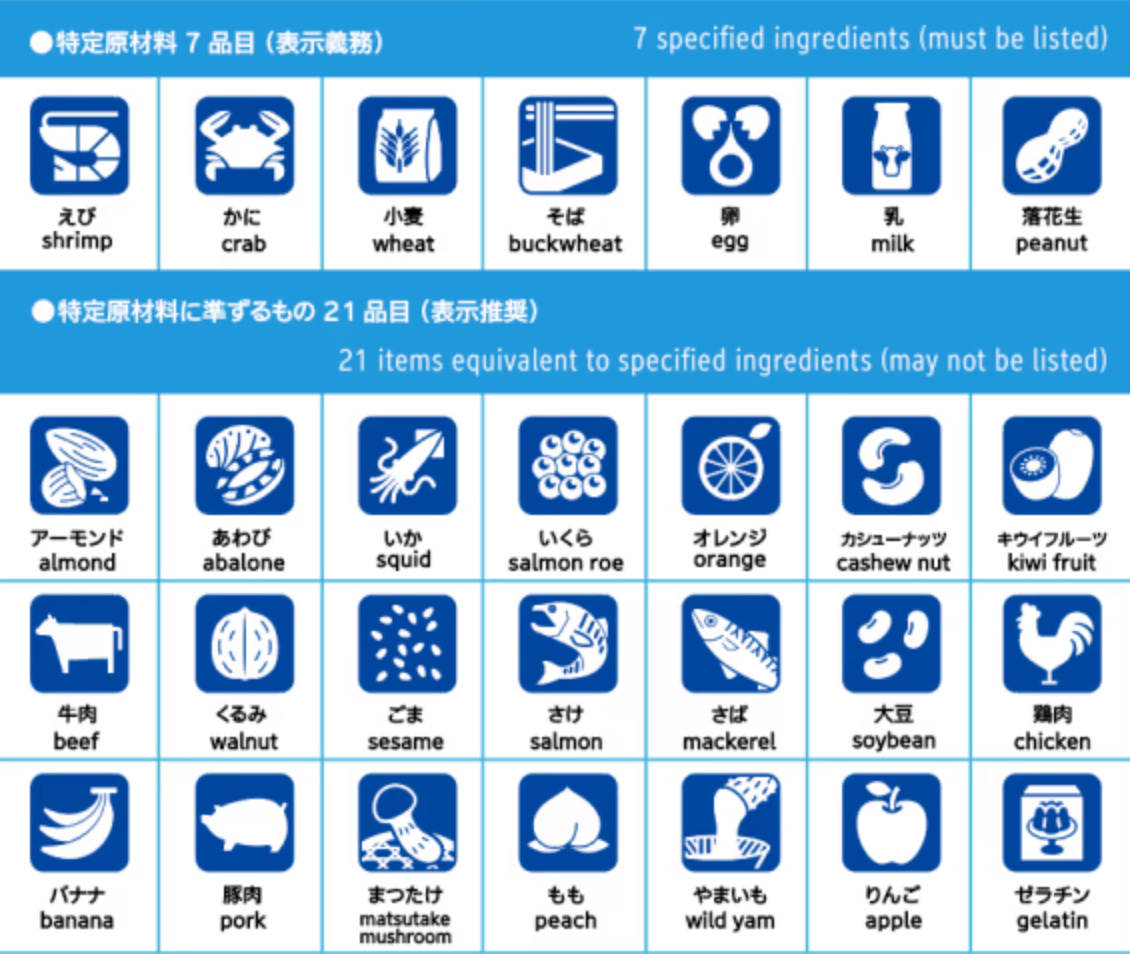
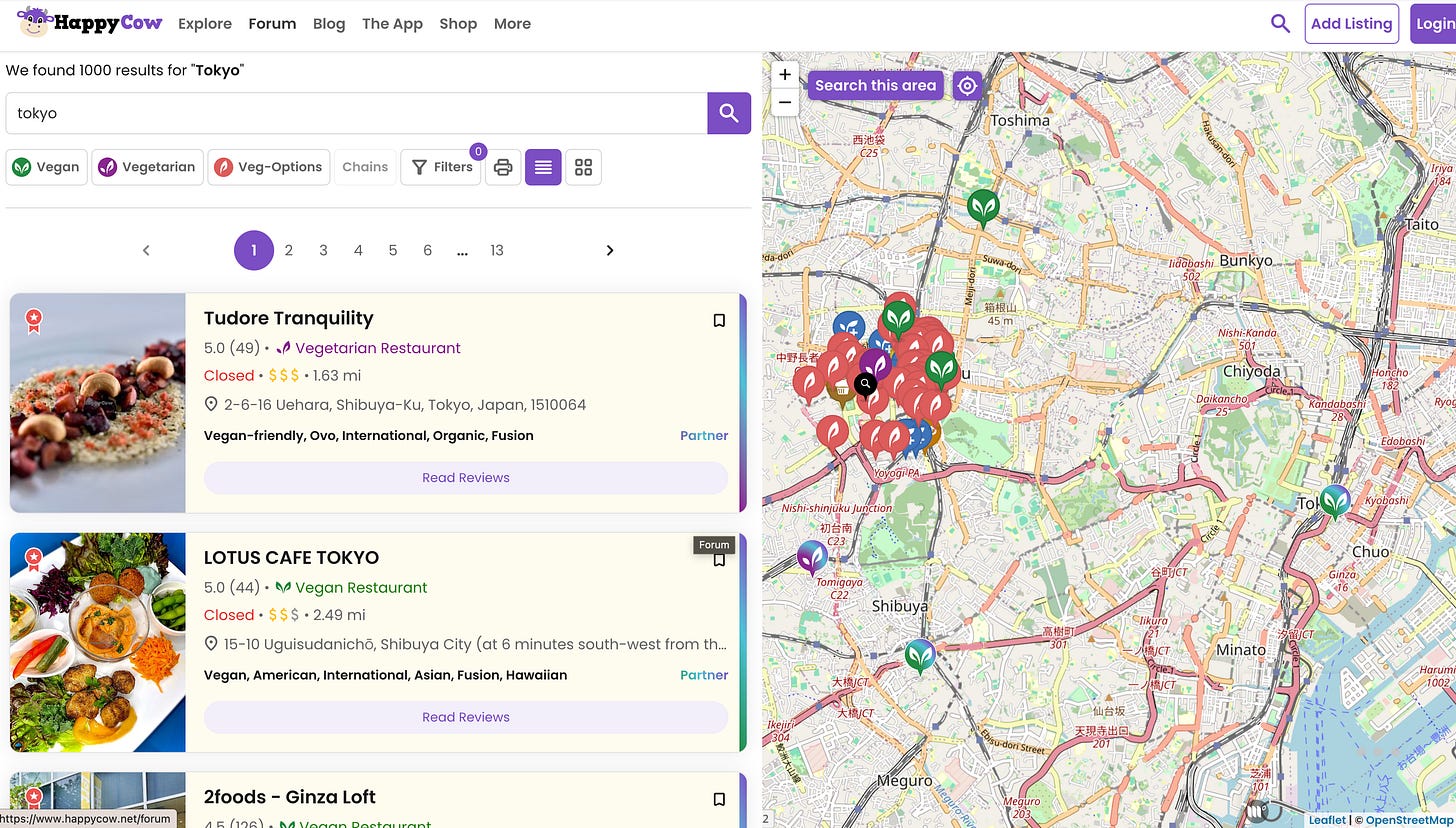
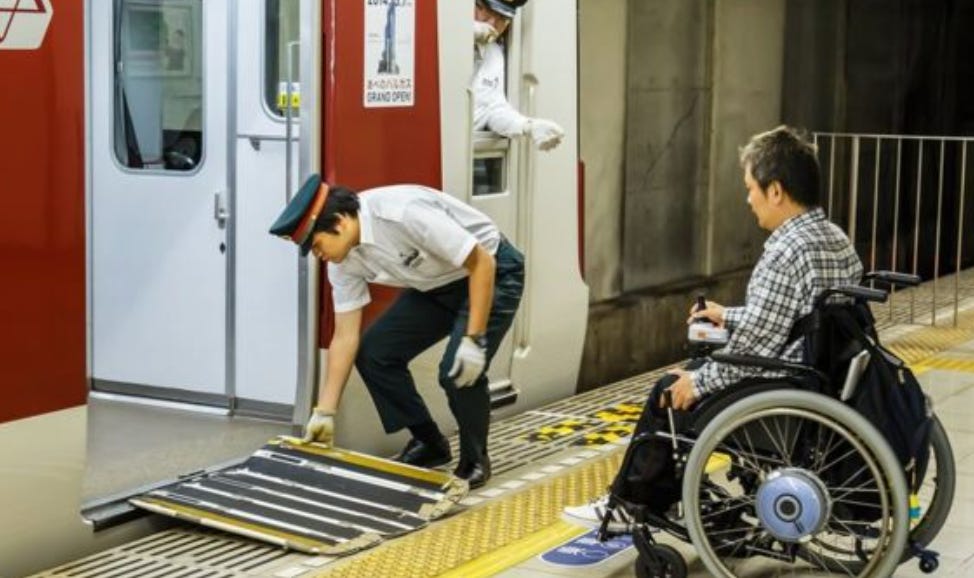
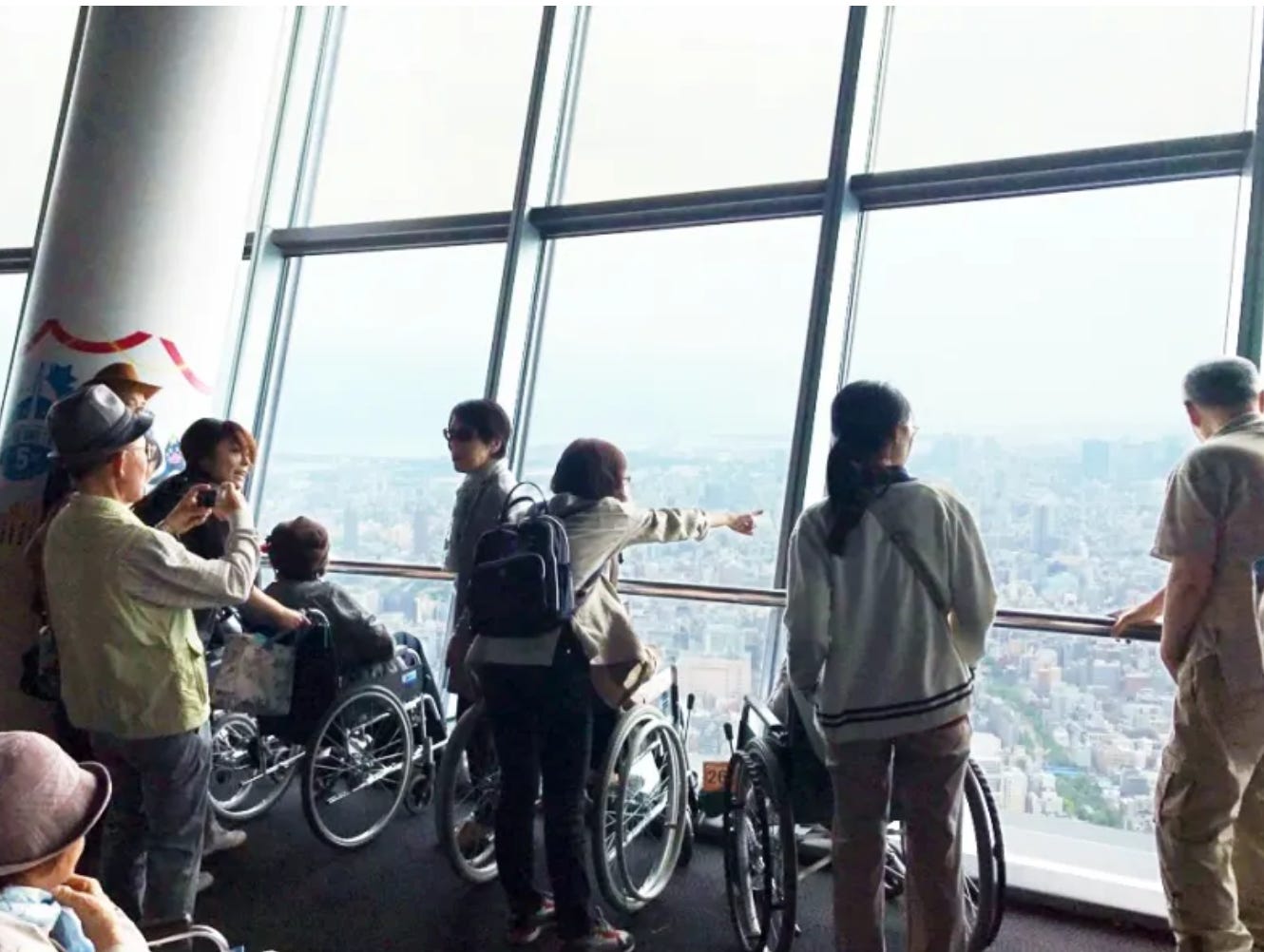
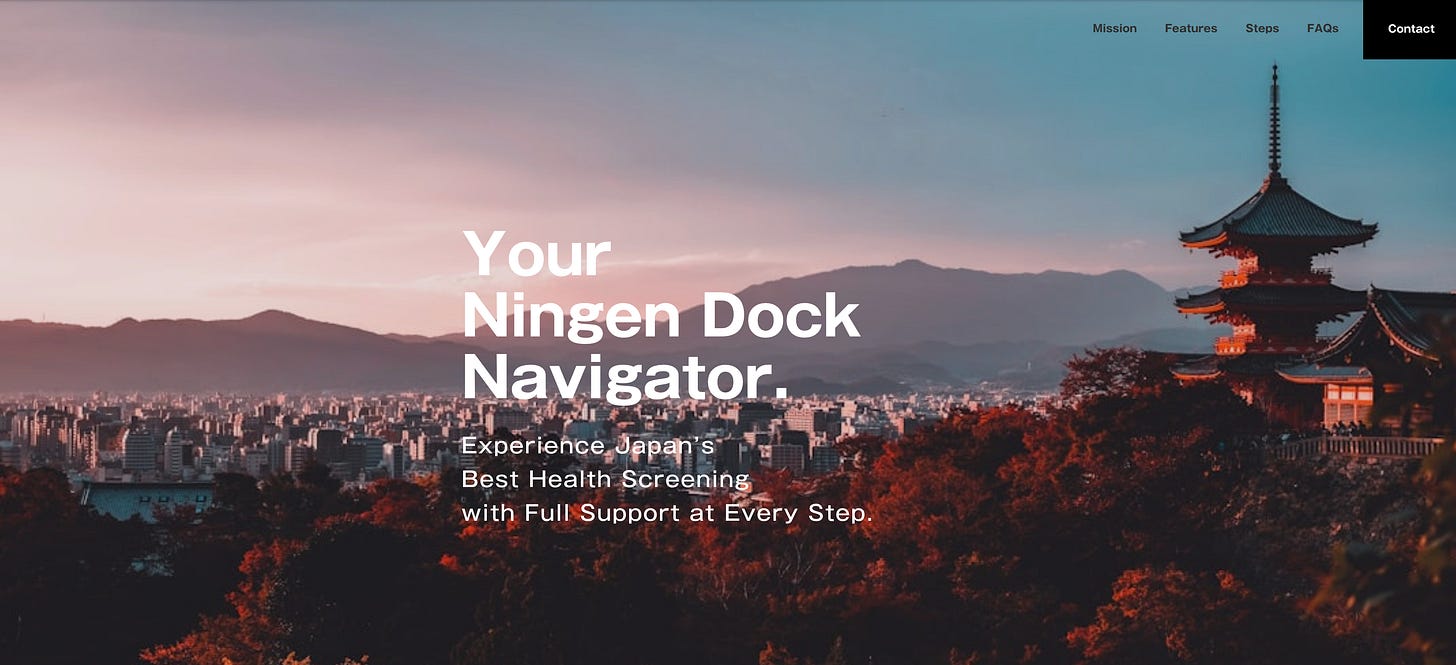
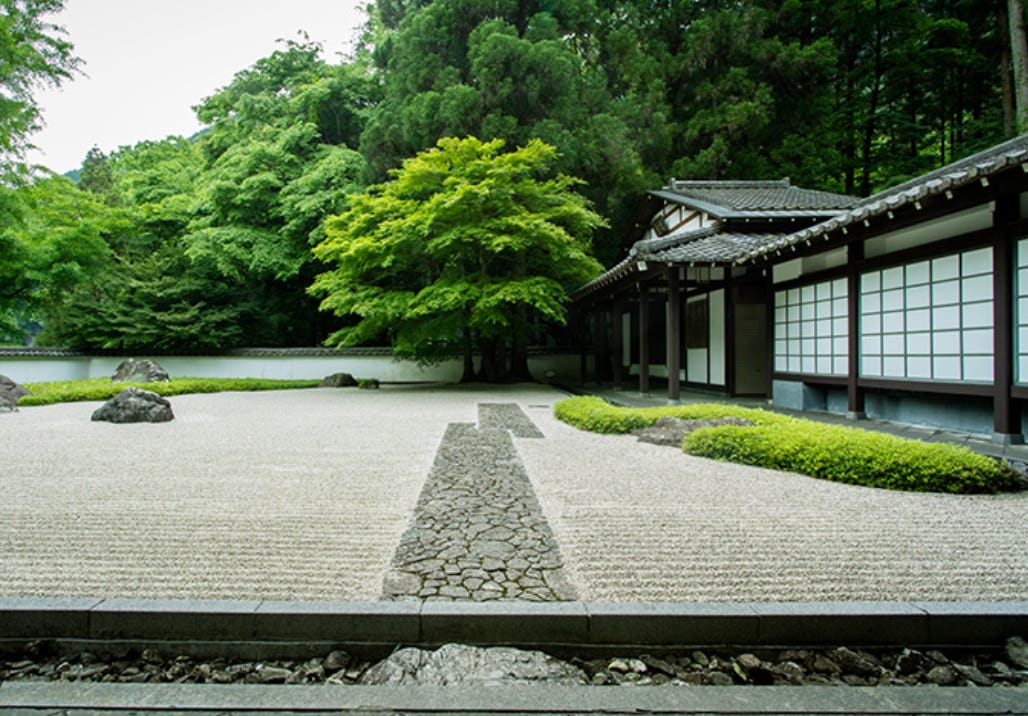
Some great tips here, thank you. I have celiac disease and can't eat gluten and I find travelling in Japan extremely challenging for that so I appreciate your suggestions. I also have a friend with a disabled son visiting later this year so I will share your post with her. Thank you!